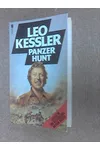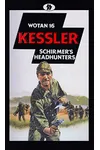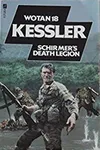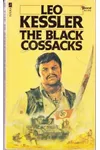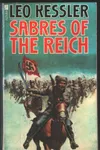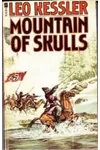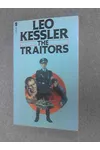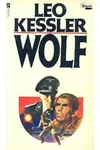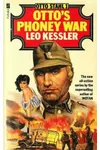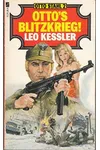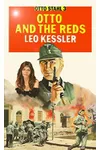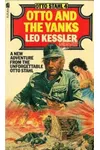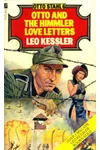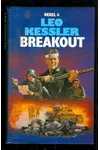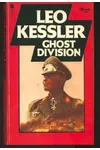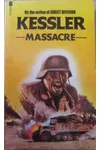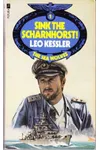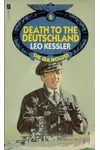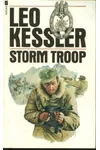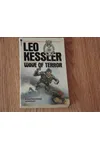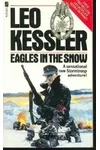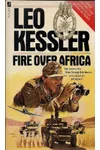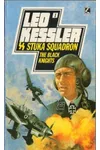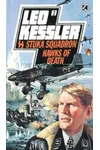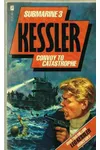Picture a British storyteller who spun gritty, heart-pounding tales of World War II from the perspective of German soldiers—meet Leo Kessler! Actually the pseudonym of Charles Whiting, Kessler brought a unique lens to war fiction, blending his own military experiences with vivid storytelling. With over 100 books and millions of copies sold, his action-packed novels like SS Panzer Battalion still captivate readers who crave history with a thrilling edge.
Kessler’s stories aren’t just about battles; they dive into the human side of war—courage, loyalty, and moral dilemmas—making him a standout in military fiction. Ready to explore the man behind the pseudonym and his unforgettable works? Let’s march into his world!
The Making of Leo Kessler
Born as Charles Henry Whiting in York, England, on December 18, 1926, Kessler’s early life was shaped by a working-class background and a hunger for adventure. At just 16, he lied about his age to join the British Army during World War II, serving with the 52nd Armoured Reconnaissance Regiment across France, Belgium, and Germany. These experiences, from the chaos of combat to the camaraderie of soldiers, became the heartbeat of his writing. After the war, Whiting pursued education and taught history, but his passion for storytelling led him to create Leo Kessler in the 1970s, a pen name inspired by publisher Anthony Cheetham and a playful nod to the SS badge.
Leo Kessler’s Unforgettable Stories
Kessler’s novels, particularly the Dogs of War series, are his claim to fame, following the fictional SS Assault Regiment Wotan. SS Panzer Battalion (1974) kicks off the series with a daring assault on a Belgian fortress, introducing charismatic leader Kuno von Dodenburg and roguish Sergeant Schulze. Claws of Steel (1974) thrusts Wotan into the brutal Battle of Kursk, showcasing Kessler’s knack for blending historical events with intense action. Otto’s Phoney War (2014) takes a lighter, almost comedic tone, following Otto Stahl’s misadventures, earning comparisons to a “Flashman for World War II.”
Kessler’s style is raw and immersive, with vivid battle scenes and complex characters who grapple with loyalty and survival. His choice to write from the German perspective—rare for a British author—offers a fresh angle on the war, neither glorifying nor vilifying but exploring the soldiers’ humanity. While some call his work “pulp fiction” for its violence and occasional sexism, fans praise its gripping pace and historical grounding, making it a guilty pleasure for war fiction buffs.
Why Leo Kessler Matters
Kessler’s impact lies in his ability to humanize the “other side” of World War II, challenging readers to see beyond black-and-white narratives. His novels, selling over three million copies worldwide, tapped into the 1970s paperback boom, offering accessible yet thought-provoking stories. For military history enthusiasts, Kessler’s blend of fact and fiction provides a gateway to understanding the war’s complexities. His legacy endures through reprints and eBooks, keeping his tales alive for new generations.
- Birth Date: December 18, 1926 (as Charles Whiting)
- Key Works: SS Panzer Battalion, Claws of Steel, Otto’s Phoney War
- Pseudonyms: Leo Kessler, Duncan Harding, John Kerrigan, and more
- Notable Fact: Sold over three million books worldwide
Ready to charge into Kessler’s world? Snag SS Panzer Battalion and dive into his thrilling blend of history and action!











